Hip Hop/ Rap
Drake’s Lawsuit Forces UMG to Explain Kendrick Lamar’s “Certified Pedophile” Lyric in Court
In a legal saga that’s turning courtroom drama into hip-hop history, Universal Music Group (UMG) is attempting to have Drake’s defamation lawsuit dismissed after the Toronto rapper sued the label for allegedly promoting Kendrick Lamar’s scathing diss track “Not Like Us,” which includes the now-infamous line: “Certified Lover Boy? Certified pedophile.”
The lyric, a sharp jab referencing Drake’s sixth studio album Certified Lover Boy, became a flashpoint in their rap feud and is now the centerpiece of a courtroom debate over defamation, artistic freedom, and corporate accountability.
At the heart of Drake’s case is the claim that UMG actively promoted false and damaging accusations about him—specifically, accusations implying inappropriate behavior with minors—by pushing a track that labeled him and his associates as “certified pedophiles” to a global audience. His legal team argues that by platforming and profiting from the lyric, UMG crossed a line from art into actionable defamation.
UMG’s Defense: “It’s Just Wordplay”
In court this week, UMG’s lawyers tried to explain that the lyric was simply a play on words, not a literal accusation. According to Inner City Press, the company argued that “certified pedophiles” was merely a satirical twist on Certified Lover Boy, not meant to be taken seriously. But when pressed by the judge on whether an average fan would interpret the line that way, UMG’s legal team replied: “The context is all the rumors about Drake and young females.”
Drake’s Legal Team Claims Millions Believe Defamatory Allegations in UMG Backed “Not Like Us”
This comment sparked further concern about whether the lyric—regardless of artistic intent—was amplifying unproven and harmful allegations under the guise of diss-track theatrics.
View this post on Instagram
Drake Calls Out Hypocrisy
Drake’s amended lawsuit, filed in April, doesn’t just point to the diss track—it also highlights Kendrick Lamar’s Super Bowl LIX Halftime Show, noting that the offending lyric was excluded from the performance seen by the event’s record-breaking global audience. Drake’s legal team argues this decision proves the lyric was “too defamatory” for public broadcast, undermining UMG’s defense that it was harmless wordplay.
UMG fired back, claiming Drake is only targeting them because he “lost the battle” and now wants revenge. They also accused him of hypocrisy, pointing out that Drake himself has released music with controversial and offensive lyrics, often in the spirit of rap beef.
Kendrick Lamar’s Super Bowl Halftime Show: A Performance of Digs at Drake
A Case Bigger Than Bars
This case could set a major precedent on how far artistic freedom stretches in hip-hop, especially when billion-dollar corporations are involved. If Drake’s defamation claim holds up, it might force labels to rethink their role in promoting lyrical content that blurs the line between art and accusation.
As the courtroom battles continue, fans and artists alike are watching closely—not just to see who wins, but to understand what this means for the future of rap’s most provocative tradition: the diss track. But did Kendrick Lamar with UMG cross a like?













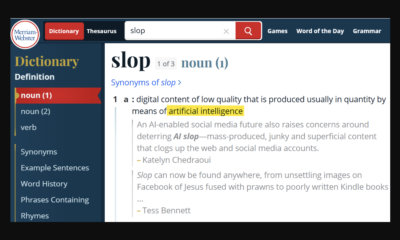

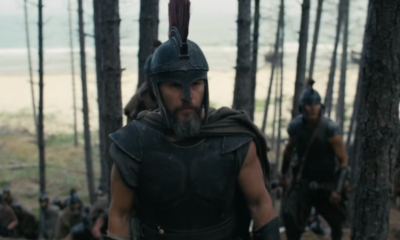
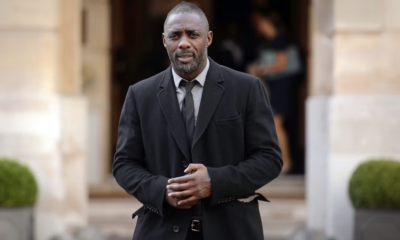









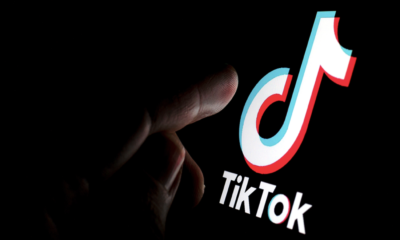
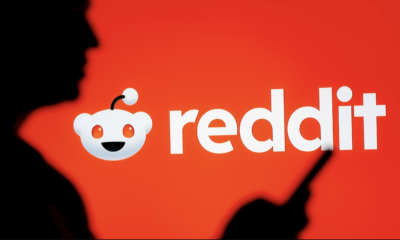







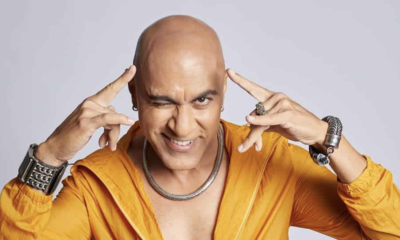





Pingback: Drake’s ‘Iceman’ Era Is Here—And He’s Not Holding Back
Pingback: Drake Names 63 Witnesses in UMG Lawsuit - Kendrick Lamar Diss